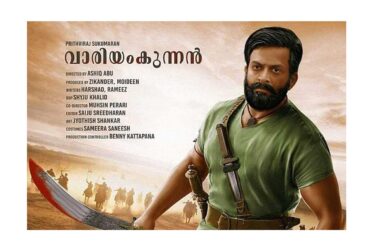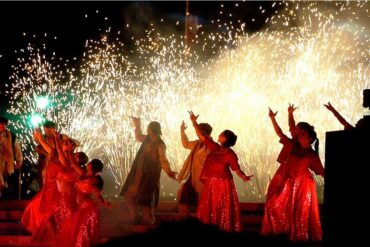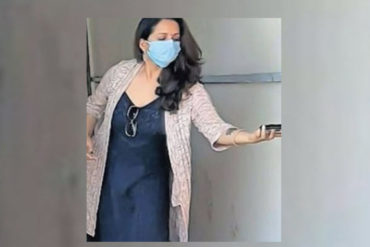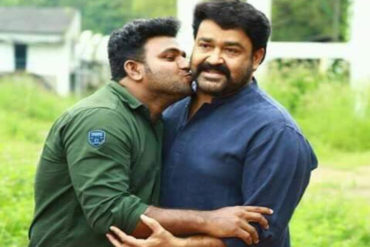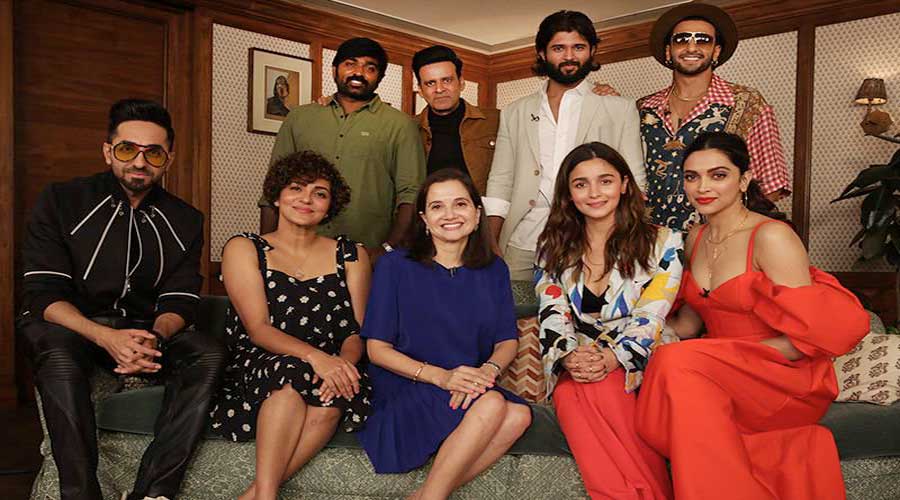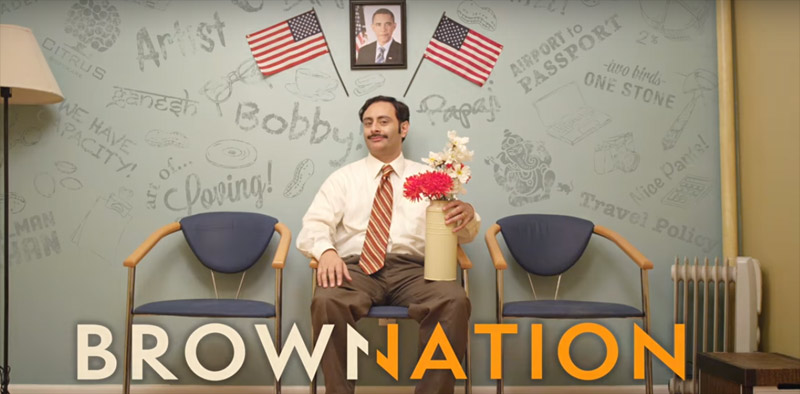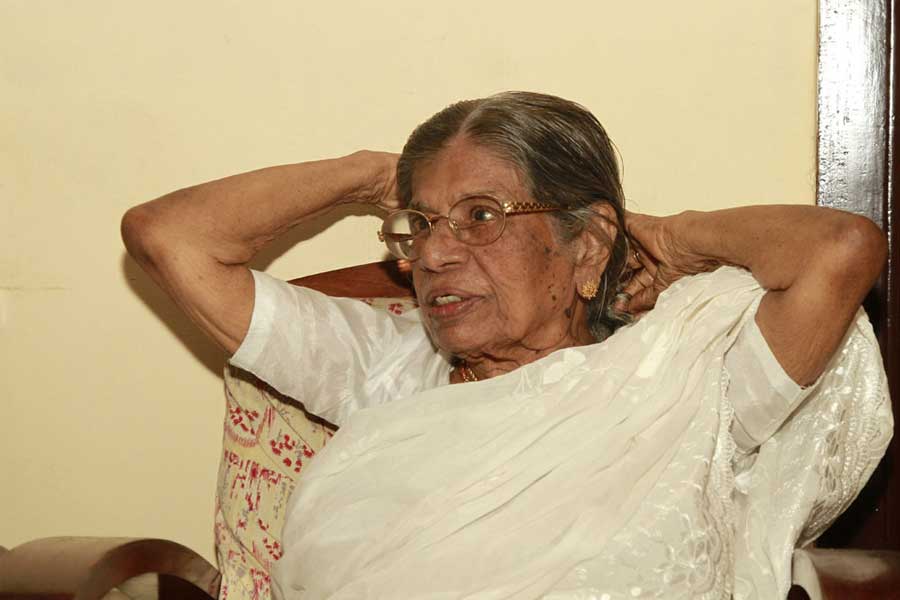After his show Akkara Kazhchakal became hugely popular with the Malayalee audience across the globe, Abi Varghese is back with Brown Nation, a TV series that revolves around the life of an Indian family in New York. The much-awaited comedy series was released on Netflix on November 15 and boasts of a stellar cast including actors like Omi Vaidya, Melanie Chandra, Shenaz Treasurywala, Rajeev Varma and Jaspal Binning. The lead character owns a small IT company and the show is a satirical take on the life of people of South Asian descent in America.
The series has been created and written by Abi along with Matt Grubb and George Kanatt. It has been produced by Prakash Bare, Charles Leslie, Naveen Chathappuram and others.
In an exclusive email interview, Abi and Prakash speak to the The Kochi Post about how Brown Nation was created and why Netflix is the perfect platform to air this show.
What made you think of creating a show like Brown Nation? Has it been inspired by the expat life you see around you?
Abi: Most of the situations we put in our series are things that happen around us. We have met many small-time business owners and understand their struggle to keep their company going. Our main character Hasumkh has a lot of the traits that we see in people around us. We take a lot of situations from our own lives, things that married couples fight about, the relationship with your friends and co-workers, and try to find humor in them.
Why the name Brown Nation?
Abi: There was a certain pride that we were seeing in being brown. We wanted to capture that in the title. Brown Nation felt right. We never thought it to be controversial or political.
Prakash, how did you decide to produce this show?
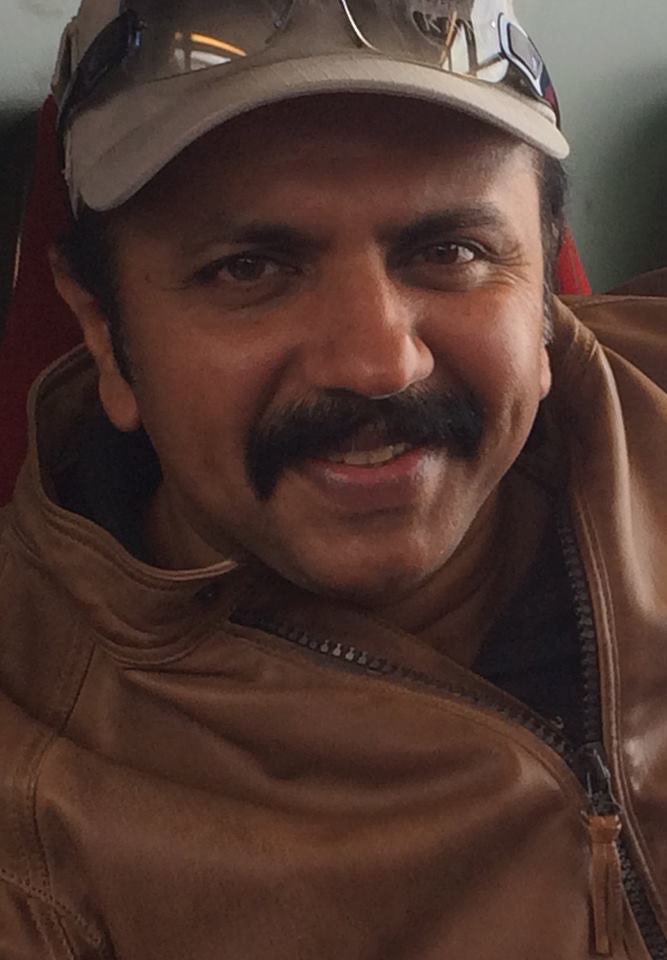
Prakash: I came to know Abi through his first project, the path-breaking Malayalam sitcom that went viral on the net – Akkara Kazhchakal. It was a refreshing experience as they were completely free from all the constraints that rule our movies and TV shows. Abi mentioned about an English version of Akkara Kazhchakal when we met in LA a couple of years ago for the Indian Film Festival there. Very clearly it was a compelling idea of connecting the Indian talent and content to the international audience. I always wanted to do serialised content especially comedy, but was discouraged by the cost, quality and rating, as well as considerations and constraints in Indian TV space.
How much does the show play into the clichés attached to Indians? Can we expect some exaggerated portrayal?
Abi: We tried our best not to play into the cliches. We tried to make most of the situations and the characterizations have some realistic merits. For example, in the show, there are characters who speak Punjabi, Gujarati, Malayalam, Tamil, and we tried to make them as authentic as possible.
Can you describe some of the characters on the show?
Abi: The main character Hasmukh is the owner of a small IT company. He has a dysfunctional set of employees working for him. At home, his situation is not much better. His wife Dimple has third world problems, in that she is trying to find the artist within her. He also lives with a live-in father-in-law.
How was it working with such a fabulous cast? Did you have fun while you were at it?
Abi: The cast was incredible. They all brought in many traits to their character that we have never thought about as we were writing. We improvised a lot on set and the characters played off one another. We knew that we had something special while shooting because we were all having fun and enjoying the moment.
Prakash: It was an excellent experience. Being in NYC, we had the luxury of getting some of the finest talent from around the world on board. Coming from a tech background, I truly enjoyed the startup nature of this venture that we badly lack in creative projects in India. The mutual trust and respect among the team members and the ownership of the project by all involved were commendable.
TV breeds a kind of loyalty in viewers. Abi, you managed to tug at the heartstrings of Malayalees all over the world with Akkara Kazhchakal. Do you both expect a similar response from the Malayalee audience for Brown Nation?
Abi: I hope we get to have a lot of Malayalee audience. I would love that. Because of the language and content, we are hoping that Brown Nation appeals to a larger audience. We have incorporated many jokes and situations that are very universal. I am hoping that people all over the world can enjoy the series and will be able to relate to it.
Prakash: I think Indian expat communities around the world will quickly connect with Brown Nation. The same should apply to English-speaking Malayalees as well. With its balanced and hilarious view of diverse lives depicted in the sitcom – Indian, Middle Eastern, Chinese, Caucasian and African American – it should be a compelling programme for the English-speaking audiences around the world.
How long did it take to wrap up the production of the show?
Abi: The pre-production took about three months and shooting the entire 10 episodes took 30 days. Because it was an independent project, we couldn’t afford to waste any time on set. We were shooting about 11 to 12 pages a day. But we had amazing actors who were able to pull it off.
How do you think the show will be received?
Abi: I am pretty confident that Brown Nation will be received well. We have showed it to many people while in post production and we have had great responses. And I always felt that it would do well, even when we were writing it. It has sort of a global appeal.
Brown Nation has premiered on Netflix across 190 countries. Do you think internet platforms are the future for content creators in the entertainment space?
Abi: I really think that this opens up the door for many creators. We are one of the first independent productions to take a series into Netflix. I think this is a big step for independent production companies and creators. The best part is that there is no time constraint to force the content to be exactly 22 minutes-long, no commercial breaks in between, and hardly any censorship to get in the way. For us, Netflix is the perfect platform to showcase a show like Brown Nation.
Prakash: Akkara Kazhchakal was also a lot more successful on Youtube with 40+ million views compared to its TV screenings. TV being an old and established system, especially in India, is too much bogged down by their own formulae and customs. Their consideration like stardom, TRP ratings, content type, cost and format will not allow one to approach projects with an open mind. Brown Nation being an English language sitcom with audience around the world and launching it on an OTT platform should be able to give it a much wider reach. The target audience of this programme would prefer such an always-anywhere approach than a broadcast format.
From Akkara Kazhchakal to Monsoon Mangoes to Brown Nation. Abi, has your filmmaking process undergone any significant changes?
![By Abivargheseak (Own work) [CC BY-SA 4.0 (http://creativecommons.org/licenses/by-sa/4.0)], via Wikimedia Commons](https://kochipost.com/wp-content/uploads/2016/11/Abi_Varghese.jpg)
After Brown Nation, what are the other projects in the pipeline for you both?
Prakash: With the first season on the net this week, the second season will be the priority for all of us in the Brown Nation team. We are looking forward to that fun-filled exercise. I personally am currently working on couple of film and serial projects. Internet platforms are my primary targets because of the freedom and newer challenges they offer, compared to the conventional distribution channels
Abi: We are working on a new TV series called Metro Park. It is a Hindi-based project with 10 episodes dealing with a Gujarati and Malayalee family. We are also working on a new feature film for late 2017.
Main photograph via YouTube.

